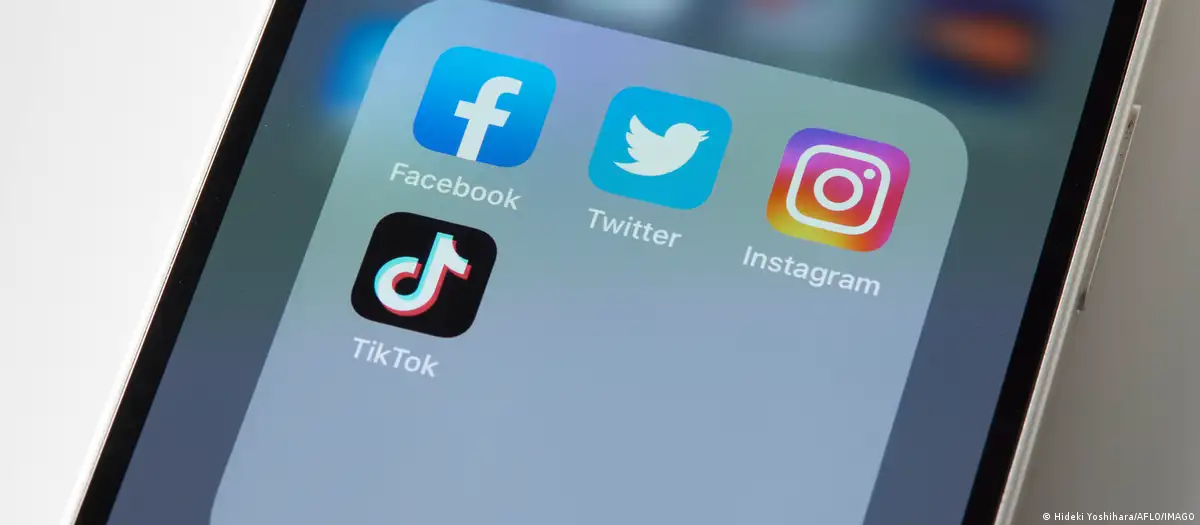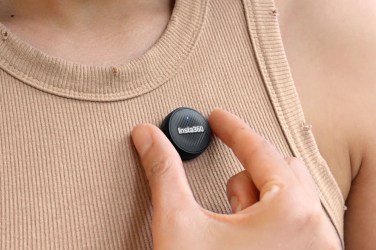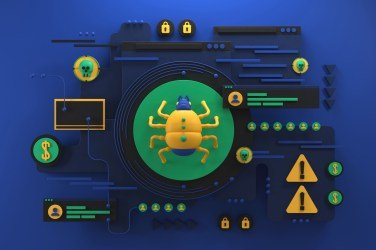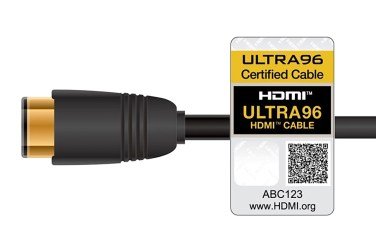The European Commission asked big social sites, like TikTok and Facebook, to clearly label political advertising and reduce “virality of content” that threatens the integrity of European elections this summer.
The European Union (EU) called on Facebook, TikTok and other social media sites on Tuesday to crack down on artificial intelligence deepfakes ahead of European elections in June.
European lawmakers earlier this month approved landmark AI legislation — the Digital Markets Act — to govern AI content on big social sites.
Under the law, it identified 22 social sites, including Snapchat, Instagram, YouTube and X, formerly Twitter, as being “very large” sites.
The law’s provisions will start taking effect in stages, and violators could be fined as early as this year.
On Tuesday, the European Commission, the EU’s executive arm, published guidelines for the big sites before Europe-wide elections this summer. Brussels has particularly grown wary about the impact of Russian “manipulation” and “disinformation” on European elections.
“With today’s guidelines we are making full use of all the tools offered by the DSA to ensure platforms comply with their obligations and are not misused to manipulate our elections, while safeguarding freedom of expression,” said Europe’s digital Commissioner Thierry Breton. The DMA is an accompaniment to the EU’s Digital Services Act (DSA).
EU says AI content ought to be labeled
The commission said the biggest social media platforms should “assess and mitigate specific risks linked to AI, for example by clearly labelling content generated by AI (such as deepfakes).”
It recommended that big platforms promote official information on elections and “reduce the monetization and virality of content that threatens the integrity of electoral processes” to diminish any risks.
It added political advertising “should be clearly labeled as such” before a tougher law takes effect in 2025. It called on platforms to put in place mechanisms “to reduce the impact of incidents that could have a significant effect on the election outcome or turnout.”
The EU will conduct “stress-tests” with relevant platforms in late April. The European elections take place between June 6-9.
Source: Dw








